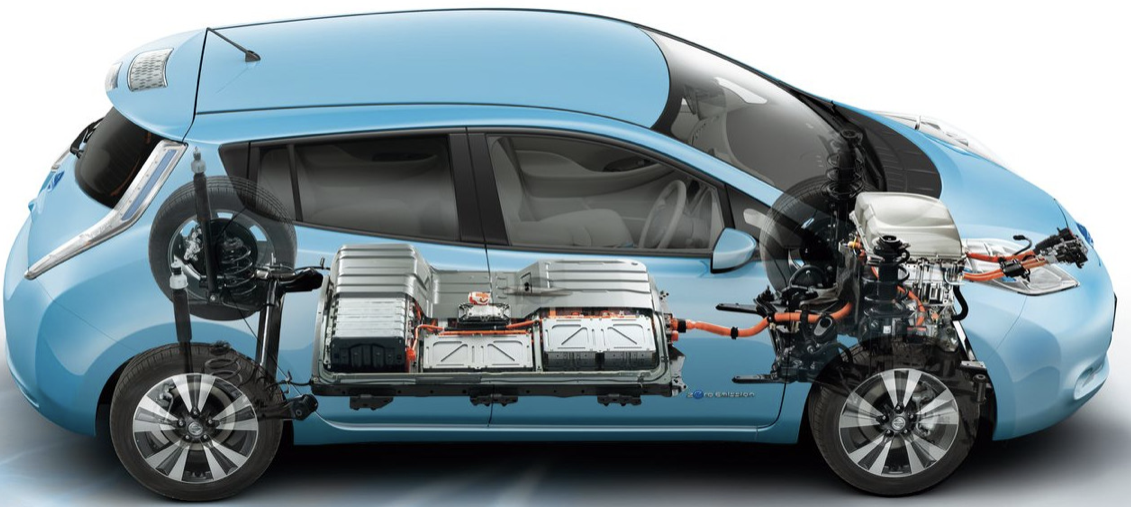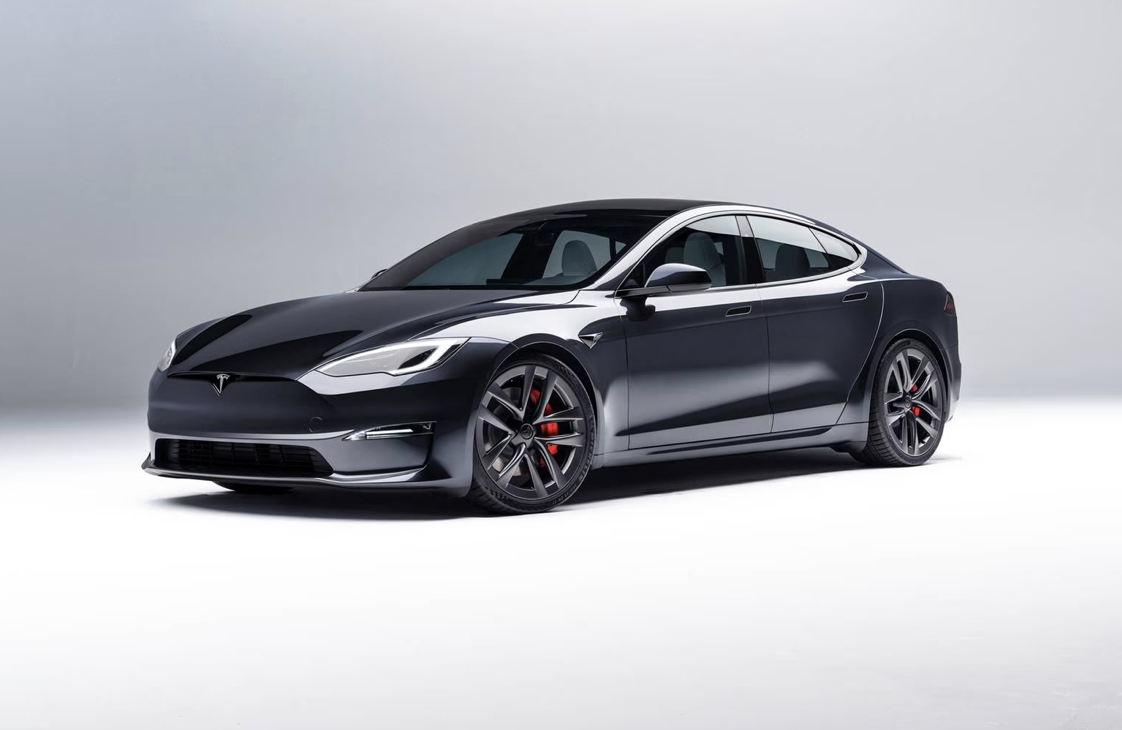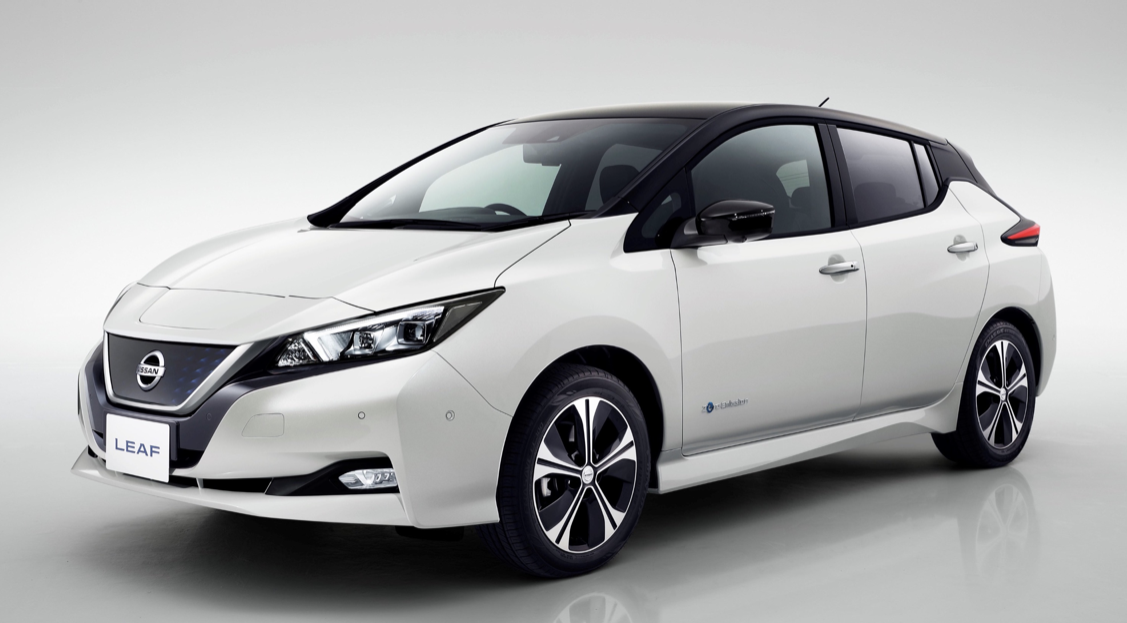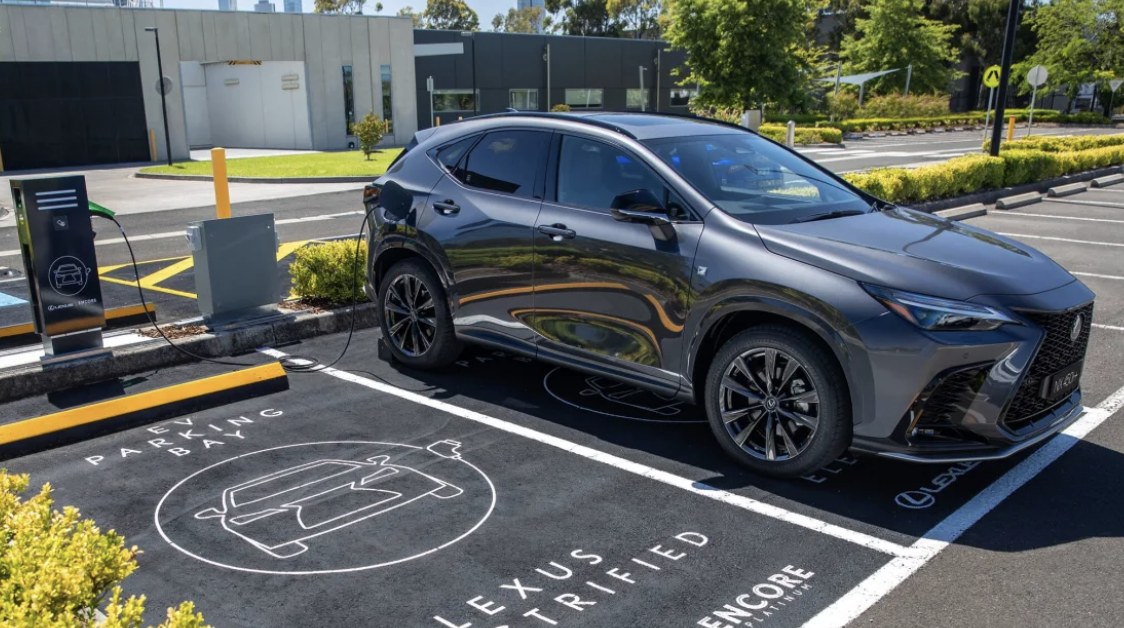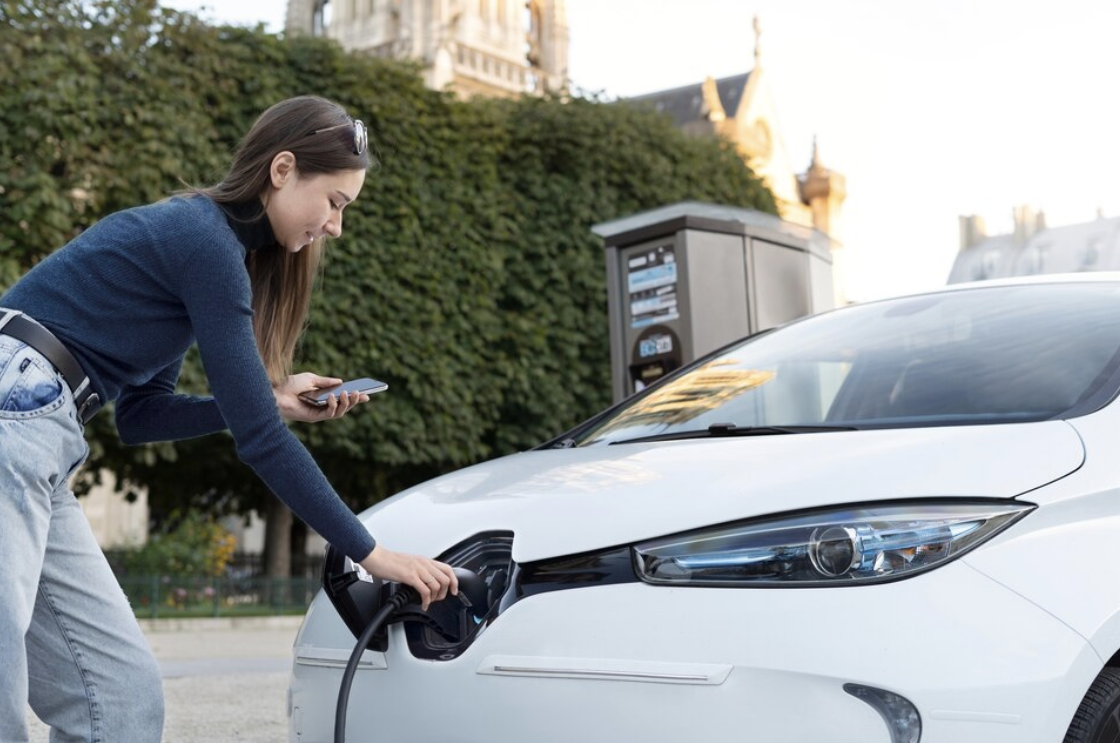Your Guide To Understanding Electric Vehicles and Smart Charging
Have you noticed how the future of driving is changing? Electric vehicles (EVs) and smart charging are becoming really popular as people care more about the environment.
It's important to understand how EVs work and how different smart charging solutions (such as electric truck charger) make them even better.
Read on to learn more about EVs and smart charging and why they’re making waves in the automotive world
What Are Electric Vehicles?
Electric vehicles (EVs) use batteries instead of gasoline or diesel. These batteries power an electric motor that then drives the wheels. Because EVs produce no exhaust emissions, they are significantly better for the environment.
Their popularity is climbing. Why? Mainly due to lower environmental impact and enhancements in battery technology. These advancements have improved range and performance, making EVs more practical for everyday use.
Electric vehicles can be generally divided into two distinct categories:
1. Battery Electric Vehicles (BEVs)
BEVs run solely on electricity stored in rechargeable batteries, with zero reliance on internal combustion engines. Hence, they produce no tailpipe emissions whatsoever.
Some of the most well-known models you might come across include:
a. Tesla Model S
b. Nissan Leaf
c. Chevrolet Bolt EV
2. Plug-in Hybrid Electric Vehicles (PHEVs)
PHEVs offer a blend of traditional and electric driving experiences. This dual setup allows them to travel certain distances in all-electric mode before switching to fuel when necessary, such as for longer trips or higher power demands.
Some examples include:
a. Mitsubishi Outlander PHEV
b. Toyota Prius Prime
c. BMW x5 xDrive45e
How does Smart Charging Work?
Smart charging, at its core, manages the process of fueling up electric vehicles (EVs) in an intelligent and savvy way. It brings the EV, the charging station, and the power grid into a harmonious state. The main aim? To cut down on peak electricity demand and save some bucks on energy costs.
Imagine your car and the charging station having a little chat. This is basically what happens in smart charging. The EV and the station exchange data. They adjust charging speeds based on things like how many people are using electricity, grid strength, and how much renewable energy is floating around.
Equipped with this kind of tech, charging stations can plan sessions for those quieter times when electricity is cheaper and the grid isn't as busy.
In other words, smart charging makes sure your EV gets its juice at just the right moments, making everything more efficient and pocket-friendly.
Benefits of Electric Vehicles and Smart Charging
The world is on a mission to cut down carbon emissions and embrace greener lifestyles. In this journey toward a sustainable future, electric vehicles (EVs) and smart charging systems emerge as key players. They offer some pretty stellar benefits.
Consider these points:
EVs don’t release harmful gases from the tailpipe, which means cleaner air and a smaller carbon footprint compared to traditional gas or diesel cars.
EVs are champions of energy efficiency, turning more grid power into actual car movement than internal combustion engines do.
With smart charging, you can power up your car during cheaper, off-peak hours, saving money compared to filling up on gas or diesel.
Smart charging can also ease the load on the electrical grid by shifting power needs to less busy times, keeping everything stable and humming along smoothly.
The convenience factor is a big plus, too. You can:
Charge your car at home while you sleep.
Plug in at work during the day.
Use public charging stations when you're out and about.
Challenges of Electric Vehicles and Smart Charging
Electric vehicles (EVs) and smart charging technologies represent exciting advancements in transportation, promising environmental benefits and cost savings.
However, these innovations come with their own set of challenges that need to be addressed to ensure widespread adoption and efficiency.
Some common hurdles associated with EVs and smart charging include:
Electric vehicles (EVs) often have higher upfront costs compared to traditional vehicles, although this gap is narrowing as technology advances.
The availability of charging stations and infrastructure varies, impacting convenience and range confidence for EV owners, especially in rural or less densely populated areas.
Concerns about the distance EVs can travel on a single charge and the availability of charging stations during longer trips can deter potential buyers.
Even with fast-charging technology, charging an EV can take longer than refueling a gasoline vehicle, affecting convenience for drivers with busy schedules.
The lifespan of EV batteries and their performance in extreme weather conditions (e.g., cold temperatures) can influence long-term ownership costs and reliability.
Integrating large numbers of EVs into the electrical grid requires managing peak demand to avoid strain and potential disruptions.
Conclusion
The world of electric vehicles and smart charging is both fascinating and promising. While electric vehicles offer an eco-friendly alternative to traditional gasoline-powered cars, smart charging solutions take the convenience and efficiency of EVs to the next level.
Sure, there are some bumps on the road toward widespread adoption - things like higher upfront costs and charging infrastructure challenges. But technology is advancing rapidly, and we’re seeing significant strides in making EVs more accessible and practical for everyday use.
So, next time you see an EV silently gliding past you on the street, you'll know that it's not just a car. It's a glimpse into a cleaner, greener future.



